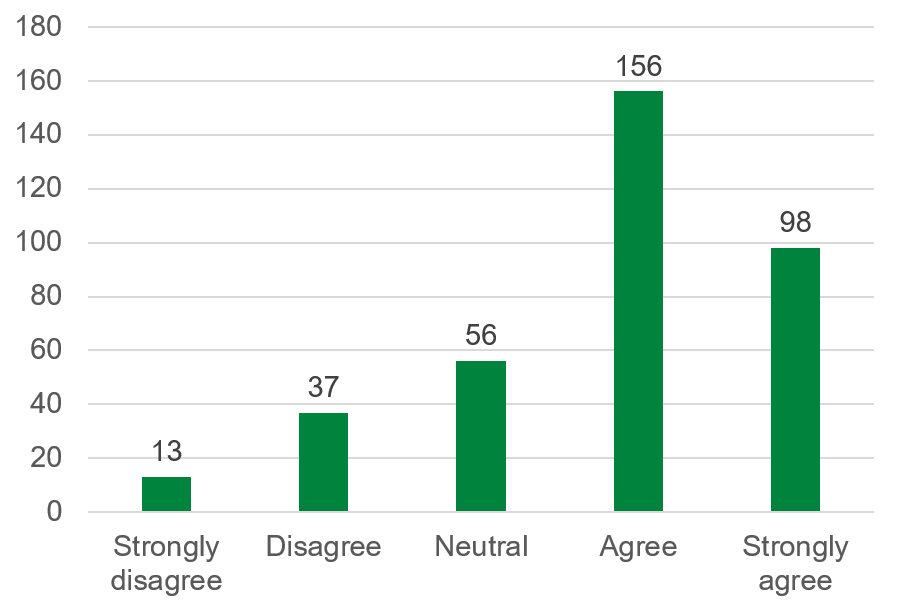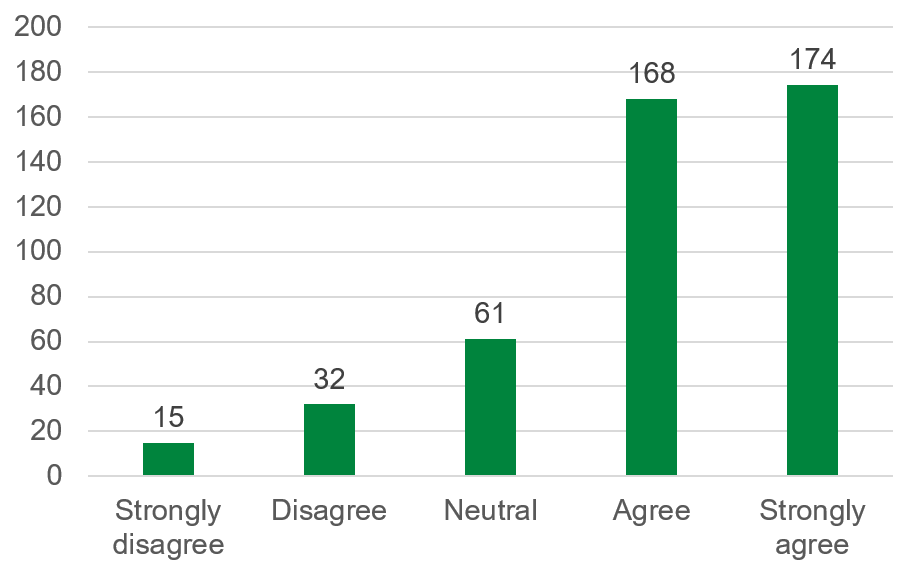Competency is a Journey
Questions about the ways individuals develop competency often come up as we work with training providers and industry.
The feedback we have received is that the vocational education and training (VET) system works with a definition of competency that is very difficult to achieve without workplace-based practice over a significant period.
The system definition of competency, as used by ASQA is ‘the consistent application of knowledge and skill to the standard of performance required in the workplace’. It embodies the ability to transfer and apply skills and knowledge to new situations and environments.
There is an expectation that people with a VET qualification should be workplace competent, but most VET courses do not involve workplace practice in real life conditions prior to assessment.
Research to date, demonstrates that competency is developed in stages, over time, with training inputs only part of the learning process. The Dreyfus and Dreyfus model of skills acquisition, which suggests that expertise develops through stages – and is not something that someone either has or does not have, has been a key tool for exploration.

Feedback from industry is telling us that many participants exit the VET sector with basic skills and up to date knowledge, but they are not competent or proficient in job roles to workplace standards. A “qualified” learner from the VET sector is knowledgeable and safe to start practicing in a workplace. The skills and knowledge they have gained support them to safely continue the journey of developing proficiency over time, providing they receive coaching and supervision in a workplace with good standards of work.
Both industry and registered training organisations (RTOs) have voiced their concerns with us about these challenges. For industry, there is little visibility over how competent somebody is. RTOs currently spend too many resources trying to ensure workplace competency. It is costly for them to simulate certain work environments, particularly for some of the job roles and work activities in the industries we support.
The VET sector has shifted over time, to a system largely based on institutionalised learning approaches that cannot deliver to the current definition of competency in a consistent fashion. This situation has now resulted in the understanding of competency changing to be about what a person can be expected to do as a result of institutionalised learning and not as a result of learning plus supervised practice in a workplace (i.e. real competency).
Our research is looking at options for training and assessment that considers two key insights:
- Competency is developed over time and in stages
- Workplace practice experience and classroom learning are both important components of the competency equation.
A solution will require improved training products
We will better meet enterprise and employer expectations if competency or proficiency is assessed in real work settings, through a collective delivery outcome between RTOs and enterprises. This is what occurs through the highly regarded traditional apprenticeship model which now, unfortunately, makes up less than 10% of student enrolments in the VET Sector.
Our survey of VET sector stakeholders showed that there is a lot of support to reconfigure the system to identify the parts of skill proficiency RTOs can deliver and the parts enterprises need to deliver.
71% of respondents agree that workplaces should have an expanded and direct role in training

76% support a developmental approach to competency (recognise different stages of learner performance)

One possible solution to embrace the strengths of both RTOs and industry in their roles of developing a competent person could be to re-interpret units of competency and produce supporting materials for both training delivery and workplace practice. Information can be collected during both of these processes to better support assessment.
The current qualification reform review is proposing some much needed solutions.
The reform process initiated a qualification design survey, which collected more than 600 responses from a wide range of stakeholders, including RTOs, trainers and assessors, VET experts, employers and business owners, industry experts, industry peak bodies, Skills Service Organisations, State and Territory Government, learners, teachers, trainees and apprentices, VET peak bodies, parents or carers, employee representatives and unions, schools, careers advisors, and regulators.
The survey managed by the Department Education Skills and Employment demonstrated strong support for the concepts being tested through the Skills Organisation trials, with 89% of respondents (including 88% of industry and employer respondents and 96% of RTOs) supporting the design elements:
- Qualifications based on appropriately grouped occupation and skills clusters to deliver broader vocational outcomes for students. This includes supporting stronger recognition of cross-sectoral and transferable skills.
- Simplifying products and removing complexity through the separation of occupational and training standards, to reduce the level of prescriptive conditions in current qualifications and make better use of industry ad educationalist expertise.
- Stand-alone and/or stackable short form training products, with improved pathways advice to support students to rapidly upskill or reskill to pursue career opportunities. This includes facilitating stronger articulation pathways between school, VET, and Higher Education to support lifelong learning.
How could this work?
Industry Work Skill Standards (i.e., occupational skill standards) could provide information about the skills and knowledge requirements for competency, as well as enterprise guidance on delivering relevant workplace practice.
National Skills and Training Materials (i.e., training standards or curriculum, based on units of competency) could be created to help define what an RTO is responsible for delivering, including a wider range of options to meet local requirements.
Under this model, RTOs deliver in collaboration with enterprises a minimum acceptable standard of vocational training.
![]()
A point of confusion we often come across in our interactions with industry and training providers is the fact that training packages are not a package of training at all. They define occupational skill standards, but they do not describe the training that needs to take place. It is pleasing to see the government is exploring the options to add these missing pieces to the training package, whilst also exploring increasing industry involvement in the development and assessment of competency. Further information about this is outlined under Units Supported by Curriculum.
Griffith University Research
Skills Impact engaged Griffith University to collect data and views on the VET sector’s current competency paradigm, and to outline concepts that may support the current VET reform process.
Griffith University conducted research, looking into the challenges experienced under current system settings. This research is supported by a review of IRC Skills Forecasts and a national survey to gather feedback on issues from VET sector participants.
A national online survey was distributed to employers, industry representatives and training providers in industries as diverse as agriculture, animal care and paper manufacturing. The questions centred on the concept of competency, and common understandings of it, to evaluate the potential efficacy of reimagining competency through a developmental framework.
It also sought to find out the extent to which stakeholders consider that workplaces should be involved in training that prepares learners for careers in their industry.
Thank you to everybody that took part in this survey. Over 550 responses were received.
Griffith University have analysed the data and produced a report titled ‘A focus on learning: Balancing outcomes and development in Australian Vocational Education and Training’.
Your Input is Welcome
Contact us with any questions or to share your thoughts.
Subscribe to updatesSubscribe to the Skills Impact newsletter to keep informed about updates and opportunities to provide input. |

